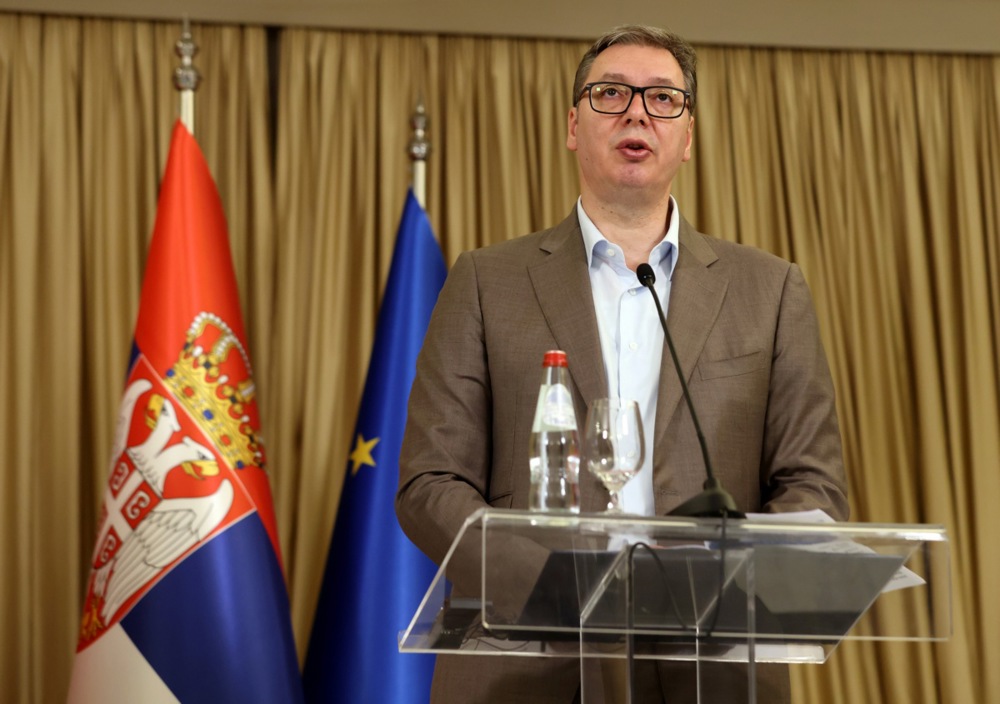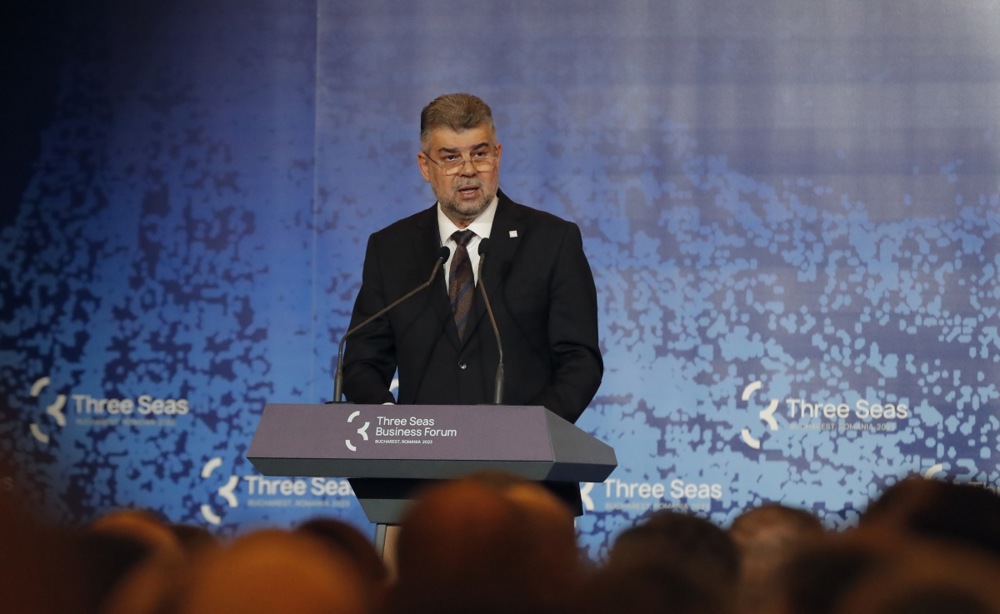The European Parliament says that the European Union’s foreign policy leaves it open to the possibility of outside nations’ actions leading to a divide-and-rule situation within the bloc.
Two reports before the Parliament’s Foreign Affairs Committee are recommending that the EU gets rid of unanimity voting on issues regarding its Common Foreign and Security Policy (CFSP).
This comes as part of broader push towards more federalism for the EU, as recently a group of MEPs have been advocating for ambitious treaty changes that many say would centralise power in the bloc.
One report from the EP’s in-house think-tank says that EU’s way of making decisions “could have allowed hostile actors such as Russian President Vladimir Putin the space to try and divide the Union”.
By contrast, the report argued that if the EU switched to qualified majority voting (QMV), it would “dissuade hostile foreign actors from trying to divide the Union”.
Unanimity voting is the central battleground between Eurofederalists who want the EU to become more centralised and those who want to defend the powers of the Member States and who are sometimes referred to as “intergovernmentalists”.
Certain EU decisions and laws need to get a final stamp of approval from all the Member States in the European Council. This unanimity is seen as giving EU nations the power of veto in some cases, helping to ensure that smaller countries are not dominated by the bigger states such as Germany and France.
The battle resurfaced recently as veteran Eurofederalist Guy Verhofstadt led a cadre of MEPs who want to reform the EU treaties. Front-and-centre in their proposals was the effective abolition of the veto.
Guy Verhofstadt and allied MEPs are pushing – again – for federalist reforms of the EU treaties.@CristianTerhes I @guyverhofstadt I @JSaryuszWolskihttps://t.co/tnHRR21UvK
— Brussels Signal (@brusselssignal) September 15, 2023
Many who are in favour of abolishing unanimity say that the veto makes EU policy ineffective and vulnerable.
In committee meeting on September 21, Jancova Lenka, a researcher from the Parliament’s think-tank, said that not only was unanimity voting bad for EU foreign policy but that the situation would get worse.
“Our report finds that … the cost of reaching unanimity is expected to increase over time, especially in terms of timeliness, of EU action, and external recognition of the EU as a global actor,” she told the few MEPs present.
Lenka added that with keeping the unanimity principle, the study claimed EU foreign policy would enter a “vicious cycle”.
The more “potential deadlocks” the EU hit “over a CFSP policy or action the less … value might be perceived by Member States in [joining] a common position”, she said.
Therefore, Member States would be more likely to join potential internal EU factions, or look after their own interests, in turn leading to further deadlocks.
The report was strongly praised and echoed by those MEPs present at the meeting, with only Bulgarian EPP Member Alexander Alexandrov Yordanov expressing some doubt.
He pointed out that, while the report looked at the cons of unanimity and the pros of QMV, it did not address “how QMV could be destructive” to the EU.
While still generally in favour of QMV, he implied that the report might be biased as he “didn’t hear a lot from the authors about the equality and the equal footing” of Member States within the EU.
The Parliamentary think-tank’s report was echoed by a second one from German CDU MEP David McAllister, which reviewed EU foreign policy to date. In its initial draft it not only calls for reduced unanimity in foreign policy but also for the Parliament to have a say in CFSP issues.
McAllister said that since future EU crises “may be higher than last year” then “so should the level of ambition” be higher of those who want a more centralised bloc.





